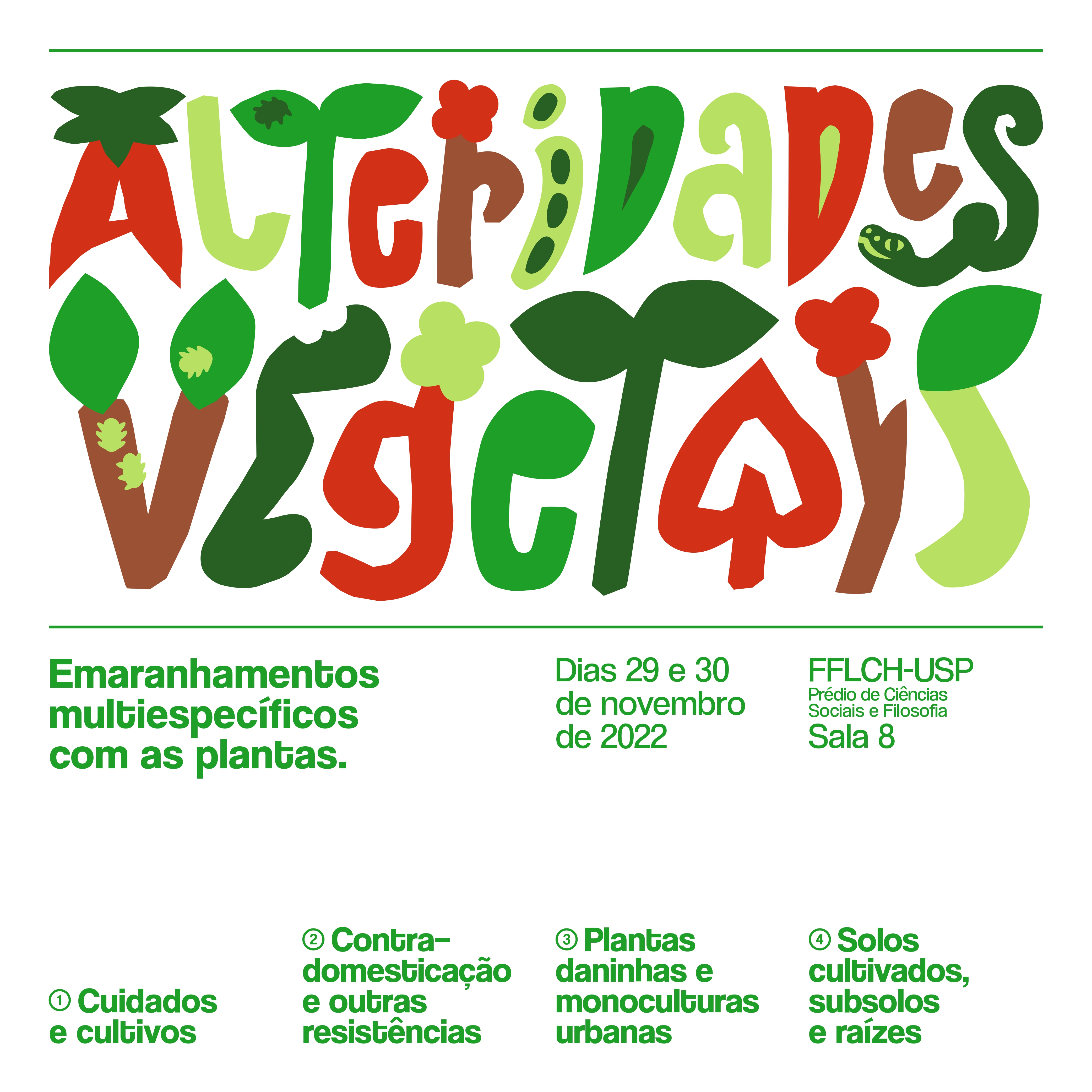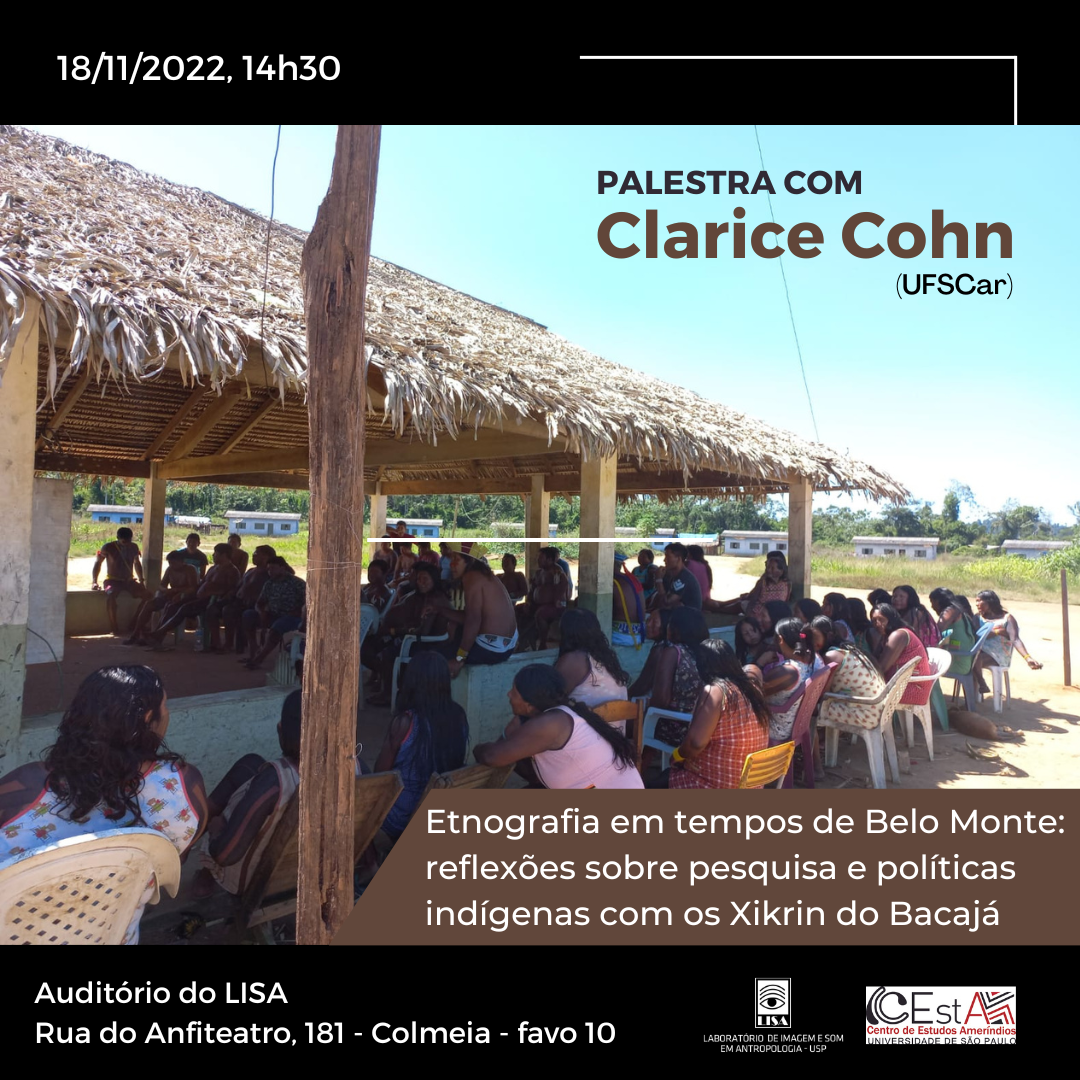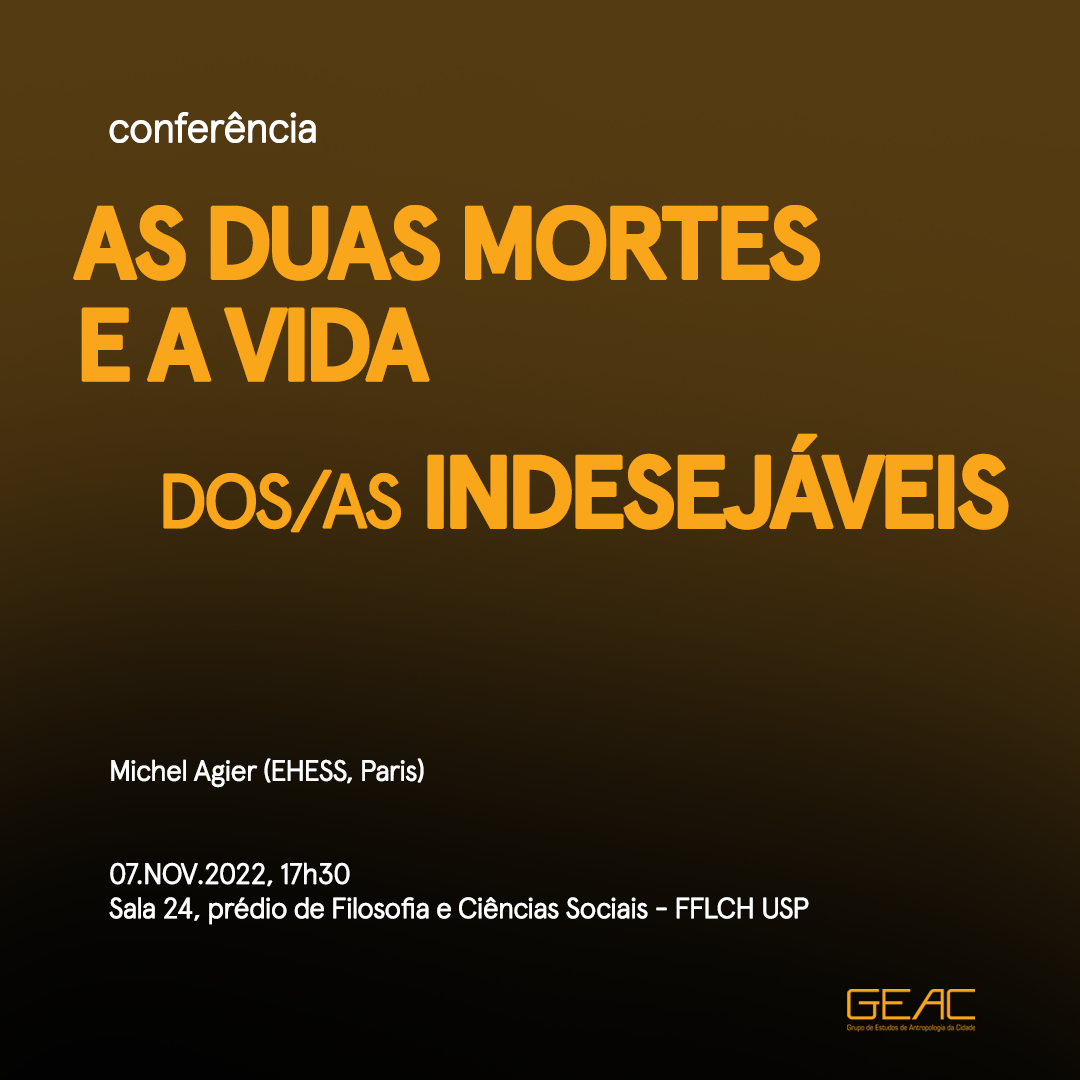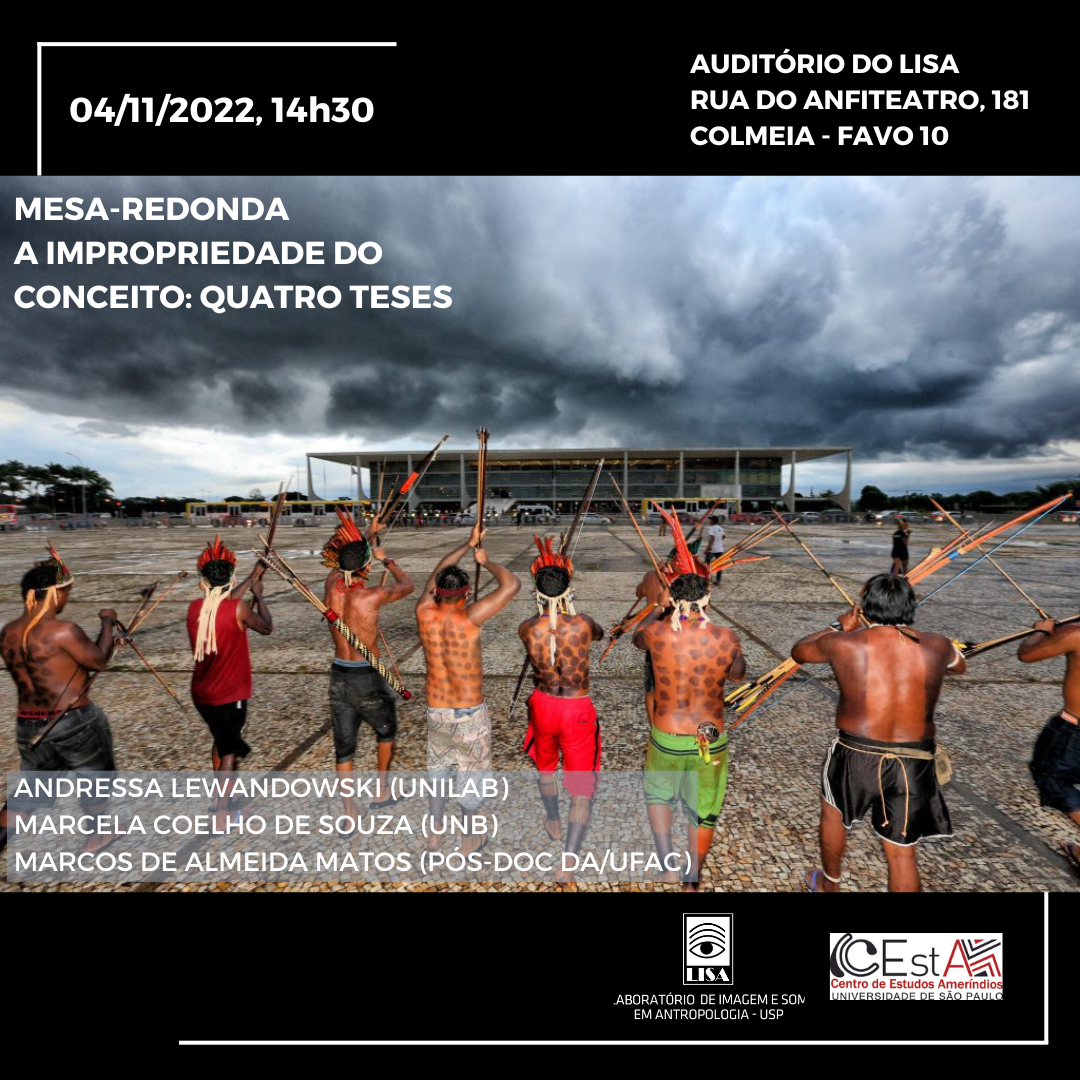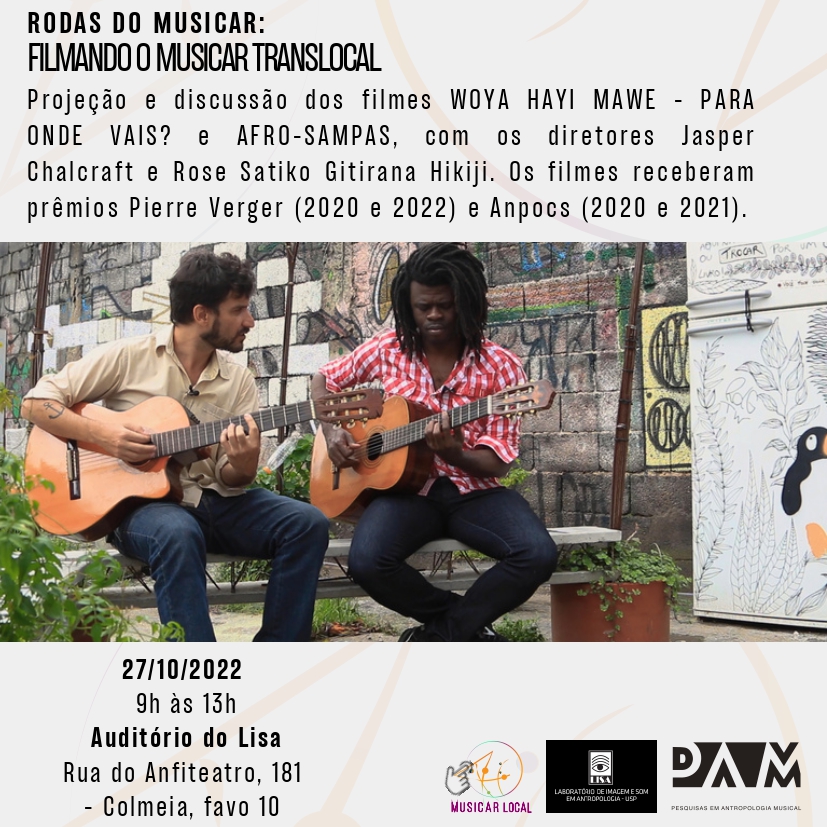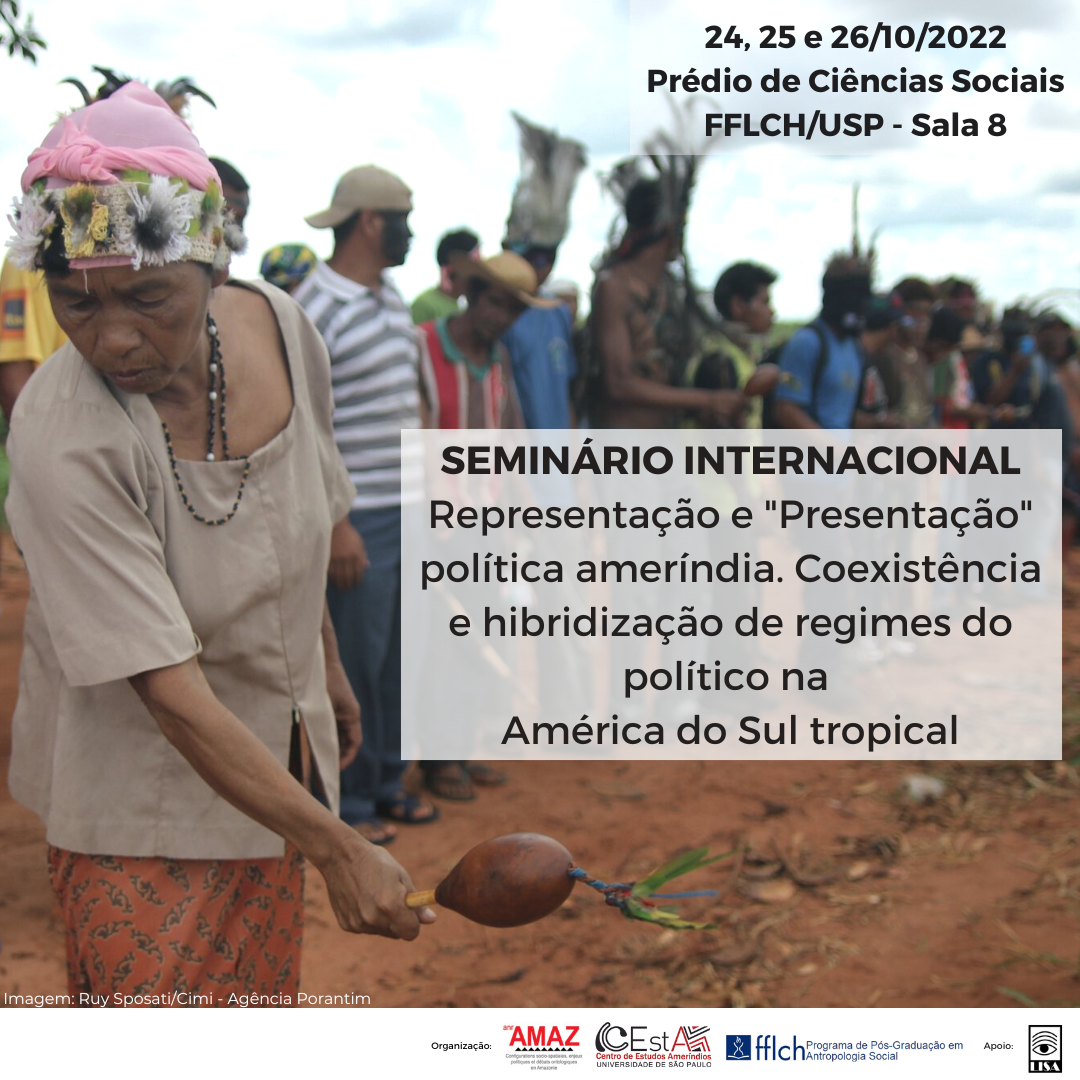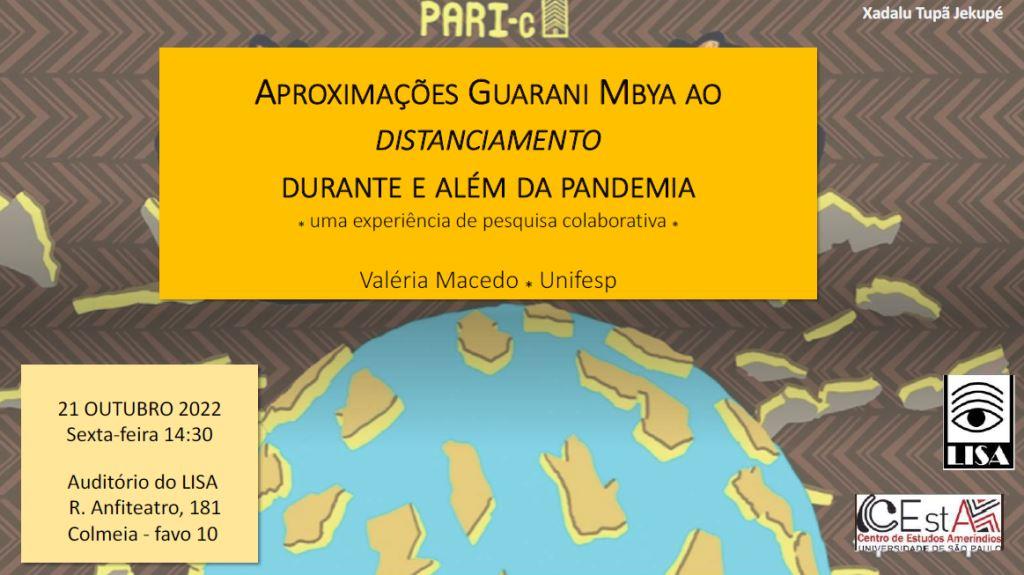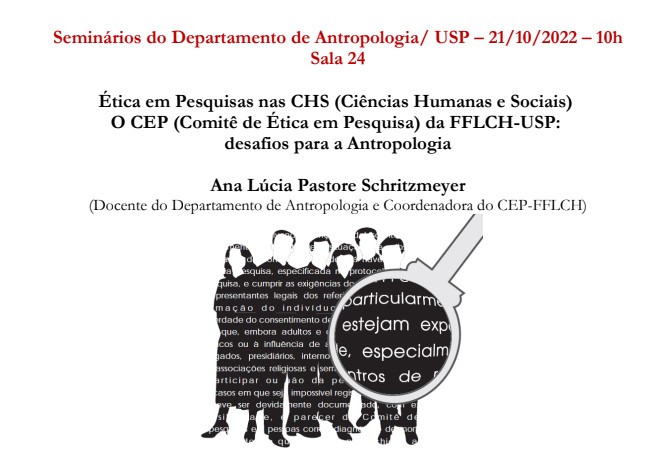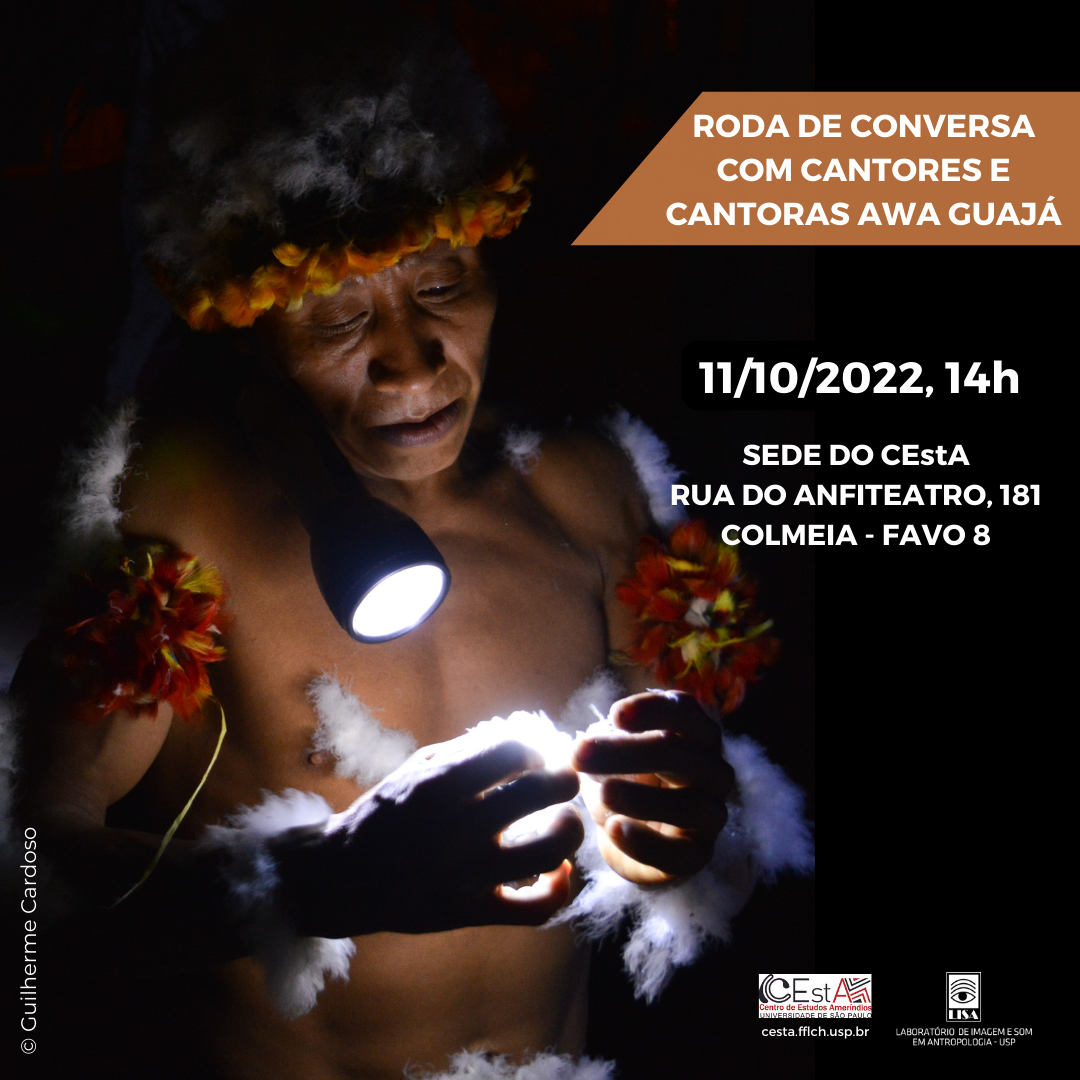History Events DA
The objective of the Alteridades Vegetais event is to bring together researchers, indigenous and non-indigenous, from different areas of knowledge of human sciences interested in plant life and its multispecific entanglements. The so-called "vegetable interactions" make room for innovative and interdisciplinary approaches that invite us to experiment with other thoughts and epistemologies, with a view to making room for new conceptual tools, less centered on humanity as its paradigmatic figure. The event aims to encourage discussions that depart from other-than-human socialities, in particular, from the agencies of plant beings in order to weave alliances in the face of the current deepening of the environmental and climate crisis.
Ethnography in the times of Belo Monte: reflections on indigenous research and policies with the Xikrin do Bacajá
Michel Agier, anthropologist and research professor at the École des Hautes Études en Sciences Sociales (EHESS), will deliver a conference whose focus, on African refugees and migrants in Europe, is based on long-term research. It will be on 11/7/2022, Monday, at 5:30 pm, in room 24 of the Philosophy and Social Sciences building (event promoted by GEAC-USP).
We propose to discuss four theses that accompany indigenous discourse and practices, from their escape in the use of ideas of land and territory, kinship and rights, community and people. In doing so, we also seek to observe its reflections on the “anthropological universal” of property, in what concerns the relationships between people and between people and things, but also in relation to Property as an (almost?) universal schematism that organizes the relationship between ideas, concepts and their objects and instantiations.
Andressa Lewandowski (Unilab)
Marcela Coelho de Souza (UnB)
Marcos de Almeida Matos (Post-doc DA/UFAC)
The Thematic Project "Local music: new tracks for ethnomusicology" and PAM - Research in Musical Anthropology invite you to the event RODAS DO MUSICAR:
Session 2: "Filming translocal music"
Projection and discussion of films WOYA HAYI MAWE - WHERE ARE YOU GOING? and AFRO-SAMPAS, with directors Jasper Chalcraft and Rose Satiko Gitirana Hikiji. The films received Pierre Verger (2020 and 2022) and Anpocs (2020 and 2021) awards.
10/27/2022
9 am to 1 pm
LISA-USP Auditorium
Rua do Anfiteatro, 181 - Colmeia, honeycomb 10
Session 3:
"Local music in the journalism of Mário de Andrade and Fernando Lopes-Graça"
"Rebuilding (more) safe spaces in Berlin's underground"
With the presence of Guilhermina Lopes, postdoctoral fellow at IEB-USP, and Gibran Teixeira, postdoctoral fellow in Anthropology-USP.
10/27/2022
2:30 pm to 5:30 pm
LISA-USP Auditorium and online broadcast
https://meet.google.com/meu-wesz-tmq
Since the emergence of the first indigenous organizations in tropical South America in the 1970s, a process of exponential pace has led Amerindians to an intense participation in national politics both in the non-governmental sphere and in the official channels of the countries in which they are located. . The emergence of this form of politics did not, however, mean the disappearance of the Amerindian forms of politics that continued to evolve both in parallel and in relation to the new politics. If, in Amerindian politics, the delegation of power is much more exceptional, in the other politics, power is almost always delegated to the leader who acts as a spokesperson for those represented. This form of the political can be called “representative”, while the one that avoids the delegation of power could be qualified by the neologism “presentative”. This seminar intends to take a closer look at the moments in which these forms manifest themselves.
Organization: Alexandre Surrallés (ANR – AMAZ project coordinator), Renato Sztutman, Adriana Testa, Marcio Silva (USP/CEstA/AMAZ Team).
Support: PPGAS/USP and LISA
Seminar Schedule
Guarani Mbya Approaches to Distancing During and Beyond the Pandemic - a collaborative research experience
Abstract: The vulnerability of the living and the imperative to behave with others have become poignant in the pandemic, as well as distance and other relational technologies. I will share lessons learned with interlocutors of the Guarani Mbya people in the states of São Paulo and Rio Grande do Sul on these issues that have crossed them since primordial times, but which intensified after colonization, culminating in political, health and environmental adversities during the pandemic. of Covid. The present study is part of a collaborative research involving indigenous and non-indigenous researchers, as well as interlocutors from different communities who shared reflections and experiences on how and to whom the pandemic provokes and summons.
21/10/2022 - 14h30 - Auditório do LISA
Rua do Anfiteatro, 181 - Colmeia, favo 10
Texts for previous reading (preferably in that order)
1) Anthropologist and Anthropologist Code of Ethics (created in the 1986/1988 Management and changed in the 2011/2012 Management) - https://www.portal.abant.org.br/codigo-de-etica/
2) Resolution No. 510, of April 7, 2016 - http://conselho.saude.gov.br /resolucoes/2016/Reso510.pdf
3) GUERRIERO, Iara Coelho Zito. The approval of Resolution CNS nº 510/2016 is a step forward for Brazilian science. Social Health 28 (4) 09 Dec 2019 Oct-Dec 2019 - https://pesquisa.fflch.usp.br/sites/pesquisa.fflch.usp.br/files/inline-files/Guerriero_1_2019.pdf
Supporting texts (also preferably in that order)
Singing, jãnaha, is the main form of musical expression of the Awa Guajá. Vocal music is present in many moments of your life, be they ritual, mundane, celebration or mourning. Children play singing from an early age, imitating adults who sing all the time. Singing is also the form of communication for the karawara, the beings that inhabit the celestial layers of the cosmos, the iwa. It is on the trip to the iwa that you learn to sing with the karawara. One of the privileged occasions for singing and listening to the chants is the ritual in which the awa men ascend to heaven, accompanied by the female chants, and the karawara descend to the ground to sing and dance. Concerned with the intergenerational transmission of songs and the recording of an almost endless repertoire, the Awa Guajá have experimented with performing outside the villages so that more people can get to know them and strengthen the song among the younger Awa. In this event, a group of Awa singers and singers from the Caru and Awa Indigenous Lands, both located in the Maranhense Amazon, will tell their story, present some of these songs, talk about their meanings and the experience of sharing them with indigenous and non-indigenous audiences. .
Conversation Wheels
Fridays in October - 17:00
PPGAS/USP channel on Youtube


